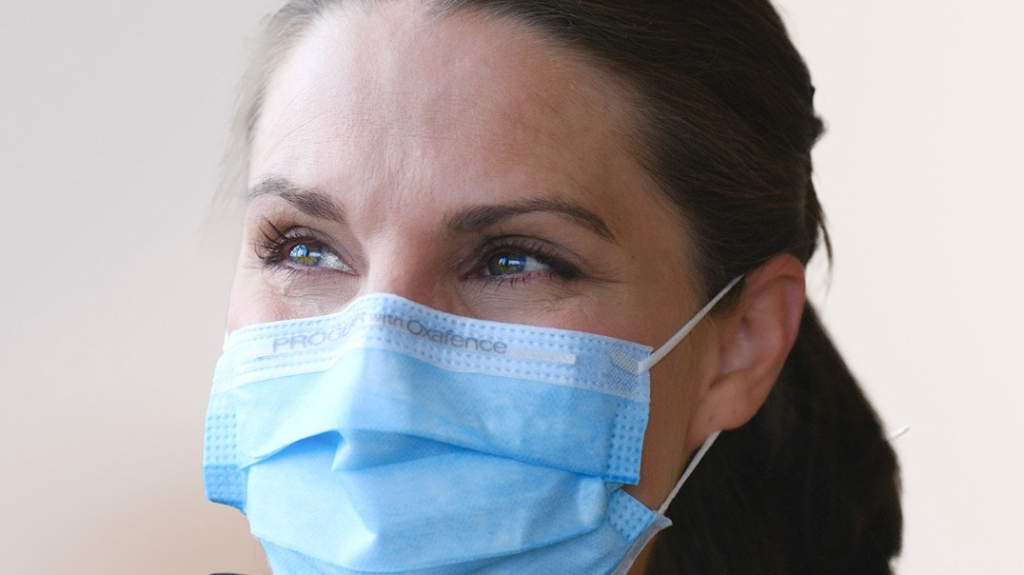Seattle startup Singletto has developed a medical mask with Oxafence technology that has been approved by the FDA. This technology is proven to kill viruses, making it a unique offering in the market. While COVID-19 may be on the decline, other respiratory viruses continue to pose a threat to human health. The mask, which contains methylene blue, has been shown to be effective in inactivating a wide range of viral strains within five minutes of contact.
The startup was founded in 2020 by John Bjornson, Dr. Tom Lendvay, and Dr. Jim Chen, who have deep roots in healthcare and entrepreneurship in the Pacific Northwest. Lendvay, the chief medical officer, is a pediatric urologist at Seattle Children’s Hospital and a professor at the University of Washington. Chen, the chief science officer, is a former neurosurgeon with experience in oncology research. Bjornson, who spent 25 years with the business consulting firm Point B, oversees the venture capital platform.
Singletto has received $7 million in funding from investors, including SeaChange, and is in the process of closing a Series A round of funding. The startup has partnered with Prestige Ameritech, the largest wholly domestic surgical mask manufacturer in the U.S., to produce masks with Oxafence technology. The masks, marketed as ProGear ASTM L3 Surgical Masks with Oxafence, are priced lower than N95 masks and are being considered for use in other applications such as respirators, hospital scrubs, and personal protective equipment.
In addition to healthcare applications, Singletto is working with the U.S. Defense Advanced Research Projects Agency (DARPA) to develop military uniform applications for protection against pathogens. The startup was recently selected for a DARPA embedded entrepreneur program. Singletto is also exploring potential uses of the technology in hospital room privacy curtains. With the FDA approval in hand, the startup is focusing on ramping up sales operations in the upcoming year.
Singletto’s Oxafence technology has been shown to be effective against bacteria and viruses, with a favorable safety profile and cost effectiveness. The masks have already been used in New Zealand with positive results. Bjornson sees the mask as an additional layer of protection, similar to adding an airbag to a seatbelt. The startup plans to continue expanding its product offerings and is open to exploring additional applications for the technology in the future.


